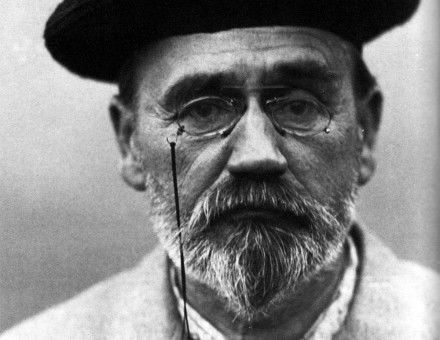George Ticknor: An American Man Of Letters
Prudence Hannay recounts the life of the Bostonian who first set sail for Britain in April 1815. Ticknor would go on to pay his homage to and became the good friend of many European intellectuals. Among those he met were Byron, Scott, Goethe, Chateaubriand and Madame de Stael.



